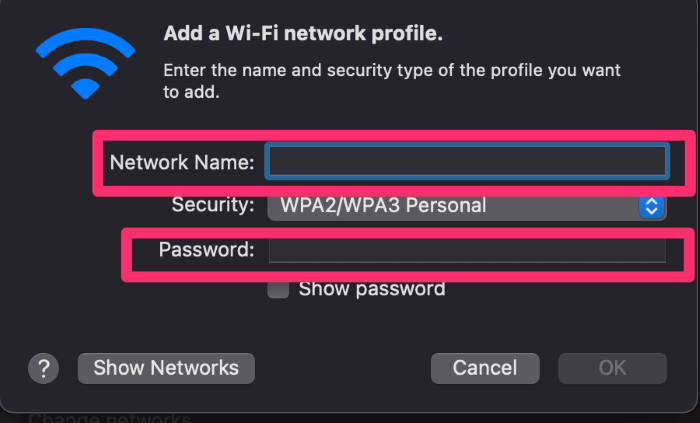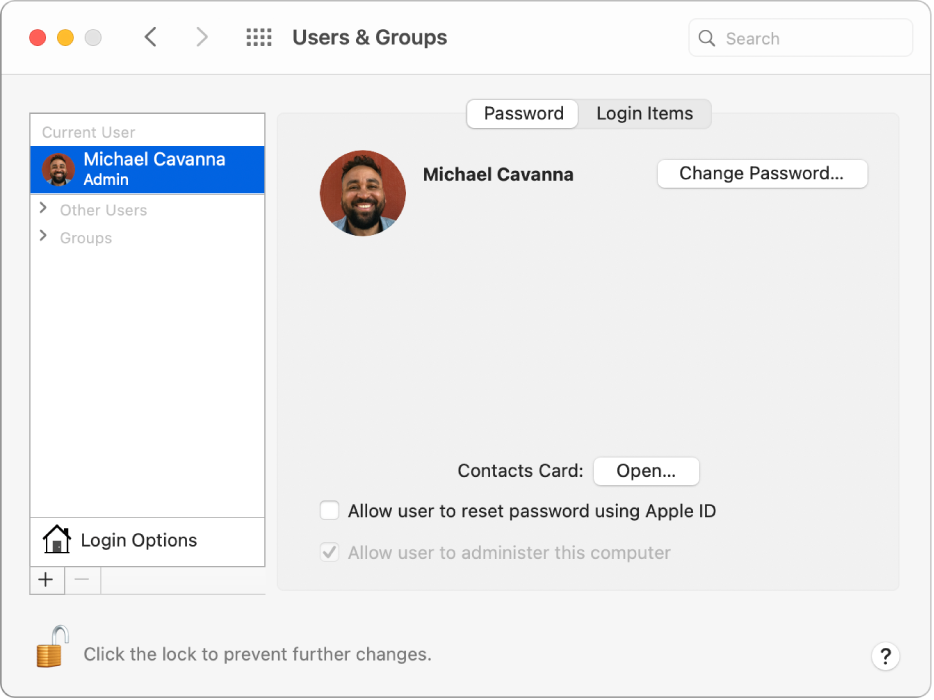
Networksetup -addpreferredwirelessnetworkatindex en0 SSID_OF_NETWORK INDEX_NUMBER SECURITY_OF_WIRELESS_NETWORK WIRELESS_NETWORK_PASSPHRASE


Networksetup -setairportnetwork en0 SSID_OF_WIRELESS_NETWORK WIRELESS_NETWORK_PASSPHRASE

RequireAdminNetworkChange=yes (or no) | Restricts network changes to admins. RequireAdminPowerToggle=yes (or no) | Restricts power on/off of Wi-Fi to admins. RequireAdminsIBSS=yes (or no) | Restricts creation of ad-hoc networks to admins. Networksetup -setairportpower en0 on (or off) Versions/Current/Resources/airport /Usr/bin/airport Ln -s /System/Library/PrivateFrameworks/amework/

They can even be incorporated into a script and deployed to remote end users.īefore moving forward with the various networksetup-based commands, please note that as of OS X 10.8, the AirPort Terminal command, which is what drives some of the changes made to Apple’s AirPort wireless connections, has been hidden within the OS and must be referenced directly each time the command is run. Wi-Fi access is everywhere! And while it’s been made relatively easy enough to connect to access points for consumers, sysadmins face a different challenge when having to manage wireless settings, especially on mobile devices.įor those leveraging mobile device management (MDM) platforms to push settings, this is a non-issue, but if the cost of these suites remains prohibitive or connectivity is spotty, the following Terminal commands can be used to manage Wi-Fi settings in OS X. Jesus Vigo reviews Terminal commands used to enable, modify, and manage Wi-Fi connections on Macs in OS X.Ĭoffee shops, malls, hotels, and now even cars are being made with built-in wireless hotspot features. How to manage Wi-Fi with Terminal commands on OS X


 0 kommentar(er)
0 kommentar(er)
